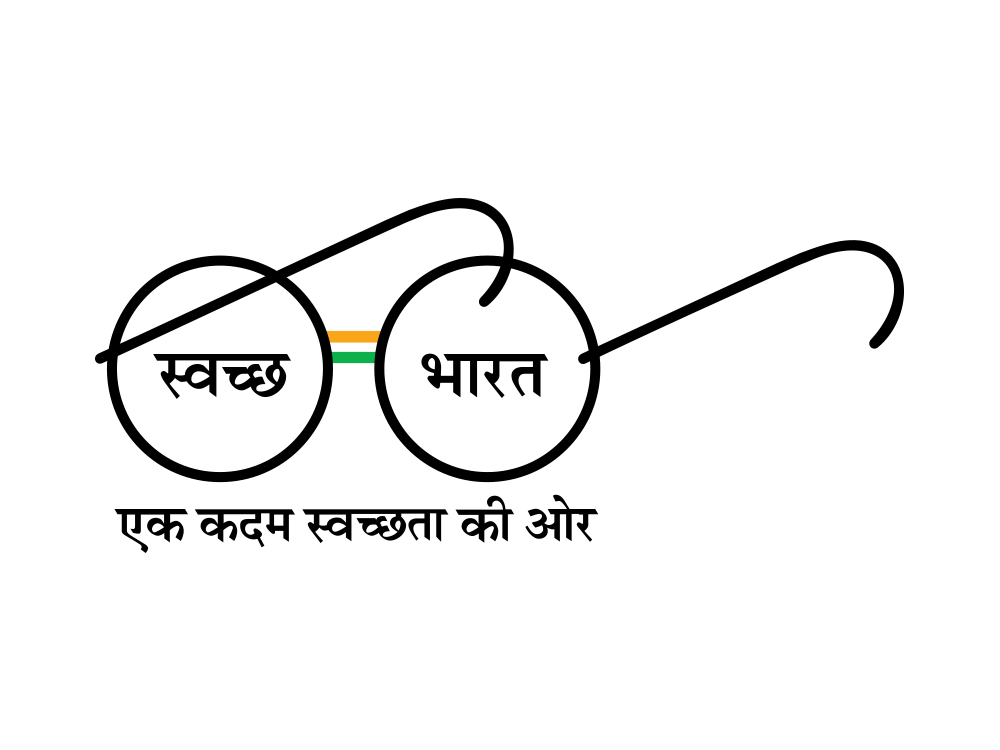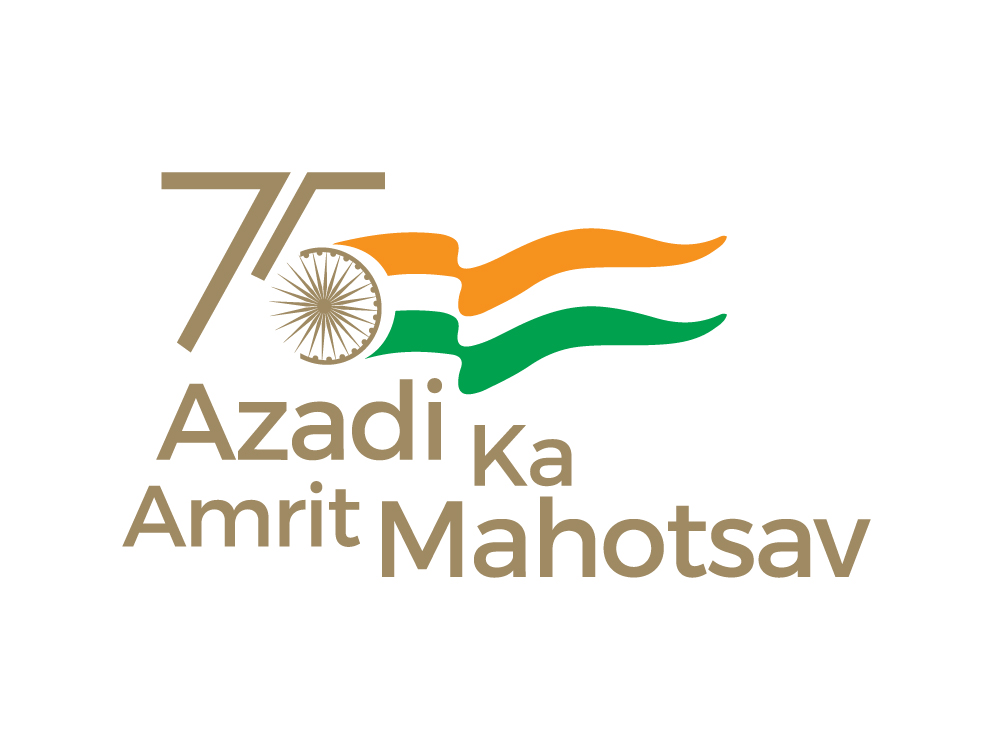Function of Department
How does the Law Commission Function
The Commission works on projects based on the references received from the Central Government and/or from the Supreme Court and High Courts. At times, keeping in view the importance of the subject matter, the Commission initiates study on specific subjects,suo moto.
Methodology
- On receipt of references for examination, priorities are decided and preparatory work is assigned to Member/Member-Secretary of the Commission. Depending upon the nature and scope of the topic, research, methodologies for collection of data and views are formulated keeping the scope of the proposal for reform in mind.
- Discussion at Commission meetings during this period helps not only in articulating the issues and focusing on the research but also in evolving a consensus among members of the Commission. What emerges out of this preparatory work in the Commission is a working paper outlining the problem and suggesting matters deserving consideration. At times, the paper is sent out for circulation in the public and concerned interest groups/stakeholders with a view to eliciting objections and suggestions. Usually, a carefully prepared questionnaire is sent to interest groups/stakeholders.
- The Law Commission makes every effort to ensure that the widest section of people/stakeholders are consulted in formulating proposals for law reforms. In this process, the Commission takes along professional bodies and academic institutions. Seminars and workshops are organized to elicit critical opinions on proposed strategies for reform. The Law Commission, while taking initiatives, in facilitating Law Reform and Rule of Law towards continuous development of the country, has made wider consultations with the stakeholders.
Final Report
- Once the data and views/suggestions are assimilated, the Commission evaluates them and the information is utilized for appropriate incorporation in the report which is written under the guidance of the Hon’ble Chairman, Members and Member-Secretary of the Commission. It is then subjected to close scrutiny by the full Commission in the meeting. Once the Report and summary are finalized, the Commission may decide to prepare a draft amendment or a new Bill which may be appended to its report. Thereafter, the final report is submitted to the Central Government for consideration.
- It is obvious that the success of the Commission’s work in law reforms is dependent upon its capacity to consult the widest section of the people/stakeholders and collect data, views/suggestions and possible inputs from the public and concerned interest groups. The commission is constantly on the lookout for strategies to accomplish this goal within the limited resources available to it.
- The Commission always welcomes suggestions from any person, institution or organization on the issues under consideration of the Commission.
Encouragement to students
- The internship programme is conducted by the Law Commission with a view to inculcate training and orientation in legal research and law reform amongst law students to have a better understanding of Law in its making and establishment of the Rule of Law.
- The Commission conducts voluntary internship programmes, viz., Summer Internship Programme, Winter Internship Programme. While Summer and Winter Internship Programmes are aimed at providing internships to law students during semester breaks.
Follow-Up
The Reports of the Law Commission are laid in Parliament from time to time by the Department of Legal Affairs, Ministry of Law and Justice and forwarded to the concerned administrative Departments/Ministries for implementation. They are acted upon by concerned Departments/ Ministries depending on the Government’s decision. Invariably, the Reports are cited in Courts, Parliamentary Standing Committees, in academic and public discourses.



